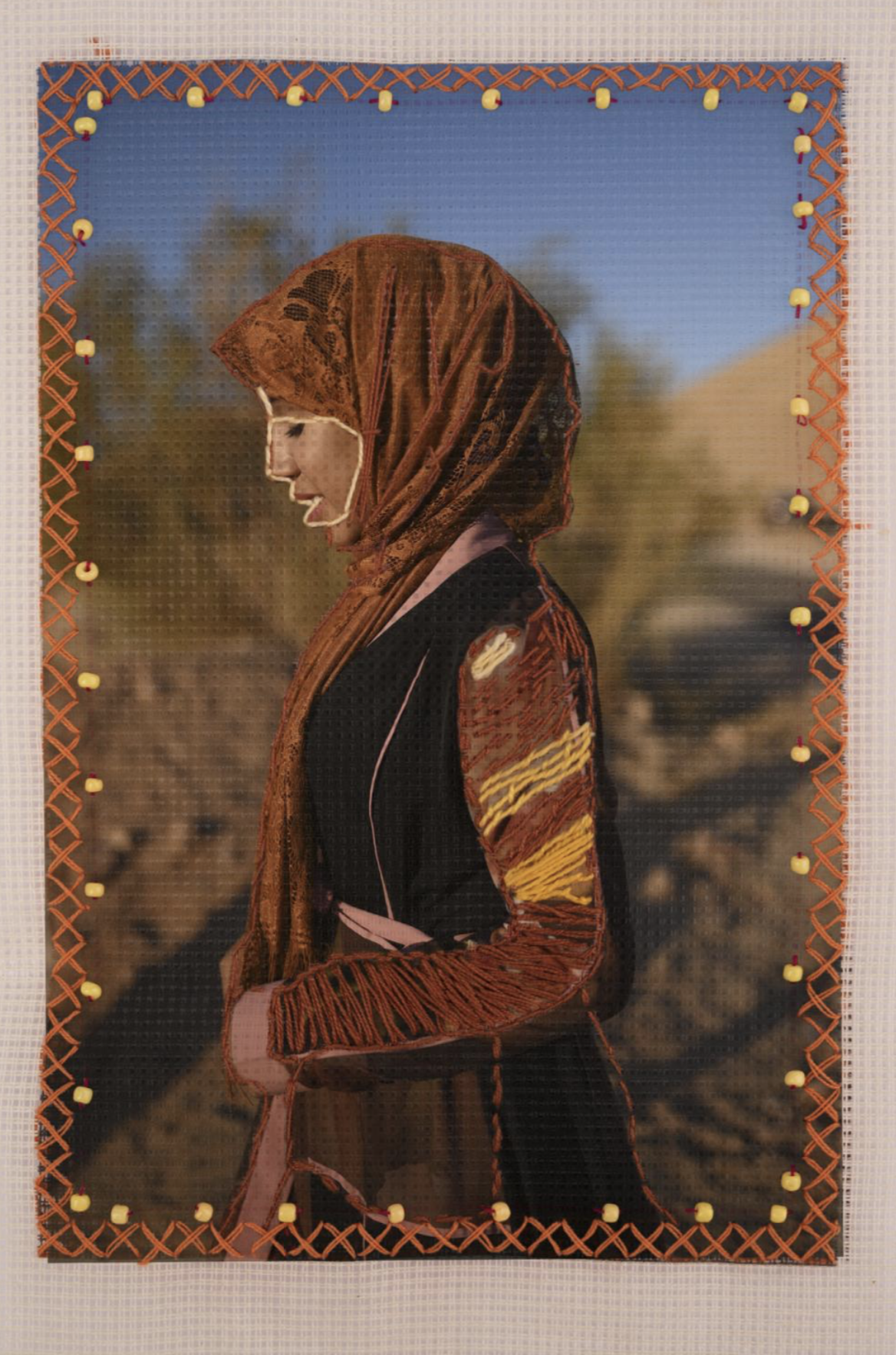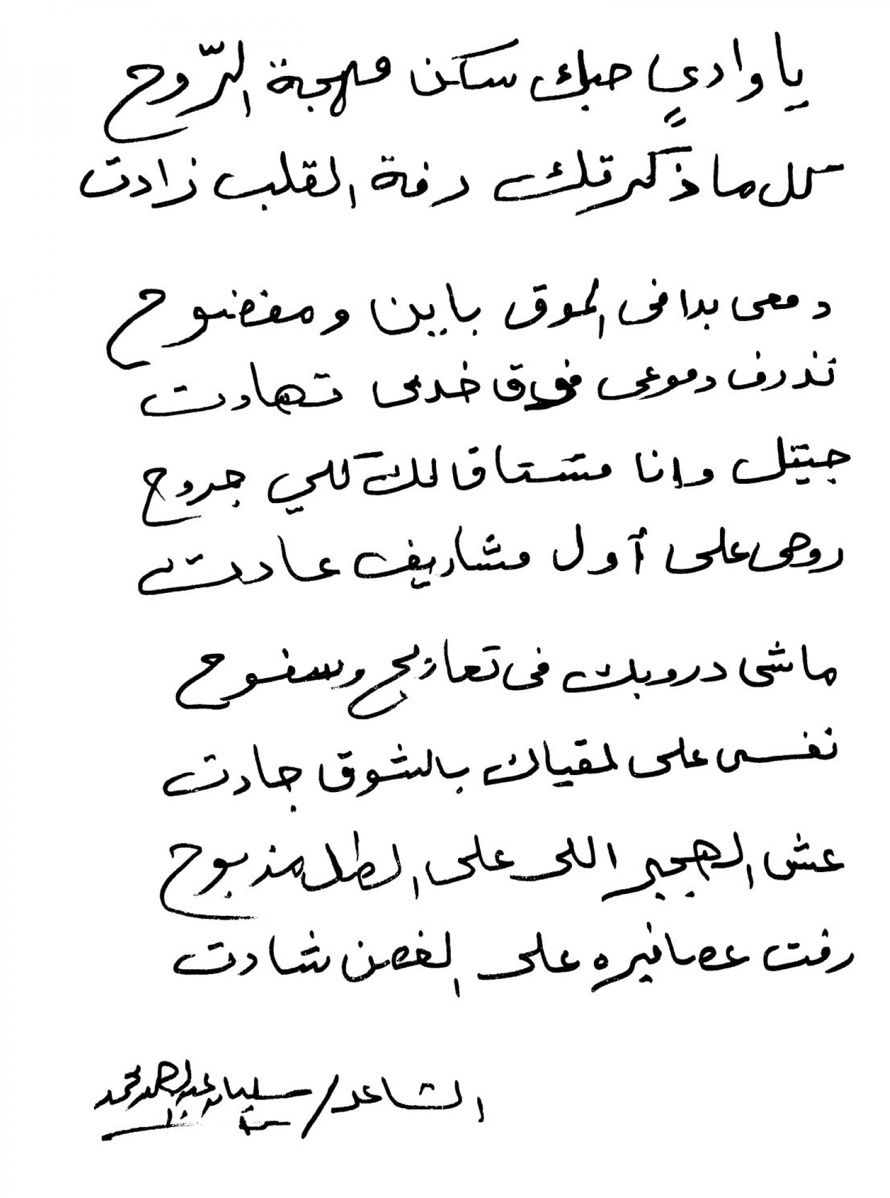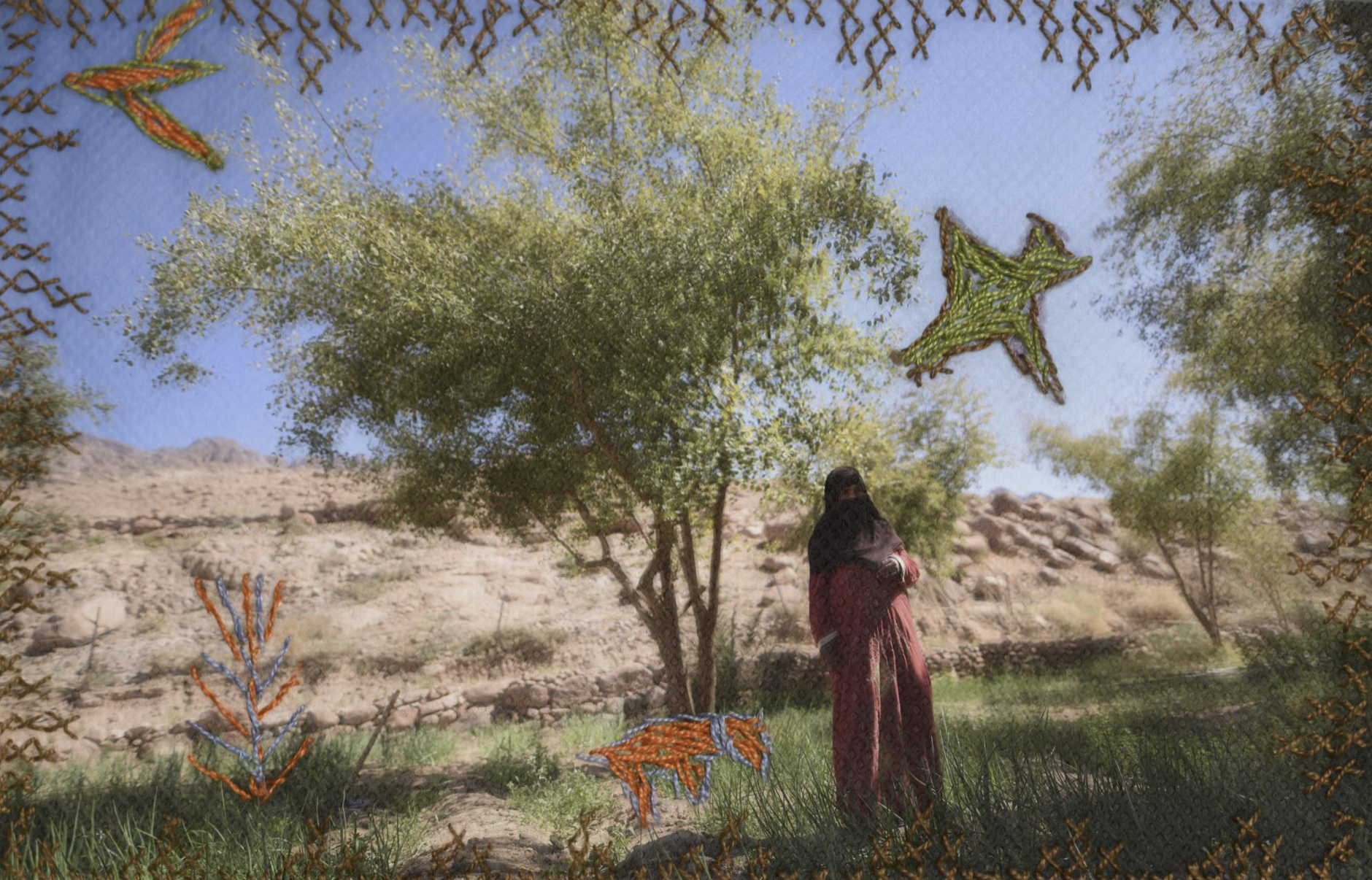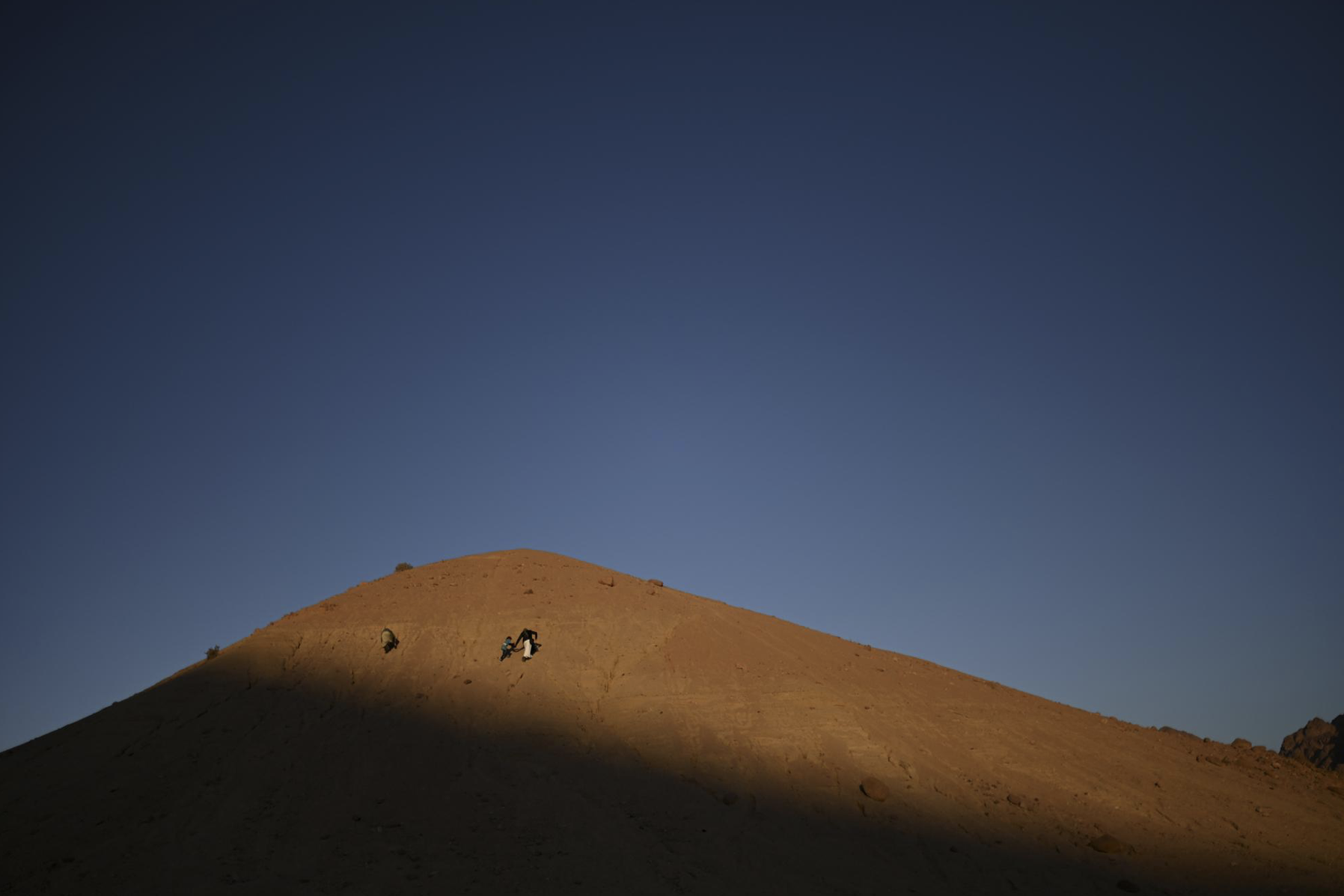J. Sybylla Smith, In Conversation With Rehab Eldalil
“We shake people’s hands and break barriers, of doubt and flaws our hearts are pure. ”
Episode #66, Summary
The Longing of the Stranger Whose Path Has Been Broken is the result of participatory storytelling in image, drawing and poetry blending the rich cultural history, experience, and resilience of the Bedouin living as keepers of the land in South Sinai.
Episode Notes
Photography is innovatively utilized to create a new narrative, challenging the stigma and stereotypes of indigenous people. This book is a multilingual textural object of beauty and wisdom, a non-linear collective celebration and document of home, belonging, hospitality, reciprocity, and the longing to live in communion with the land.
In this conversation, Rehab discusses, among other things:
Personal exploration as motivation and inspiration
Connecting to the protagonist of your stories
An empathic eye
Giving voice to the voiceless
Blending practice and process
Calling out visual references
Internment of the colonial gaze
Using an empathic eye
Being Modern vs Western
Progressive traditional gender roles
Symbols & Metaphor
Empowerment & Elevation
Fashion history as a cultural, socio-political window
Referenced in this Episode:
FotoEvidence - Documenting Social Injustice
TPMAC - Trobades & Premis Mediterranean Albert Camus
AFAC Arab Fund for Arts and Culture- Arab Documentary Photo Program
World Press Photo Regional Award 2022 (open format, Africa)
My Grandmothers Hands Resma Menekin
Published by FotoEvidence







